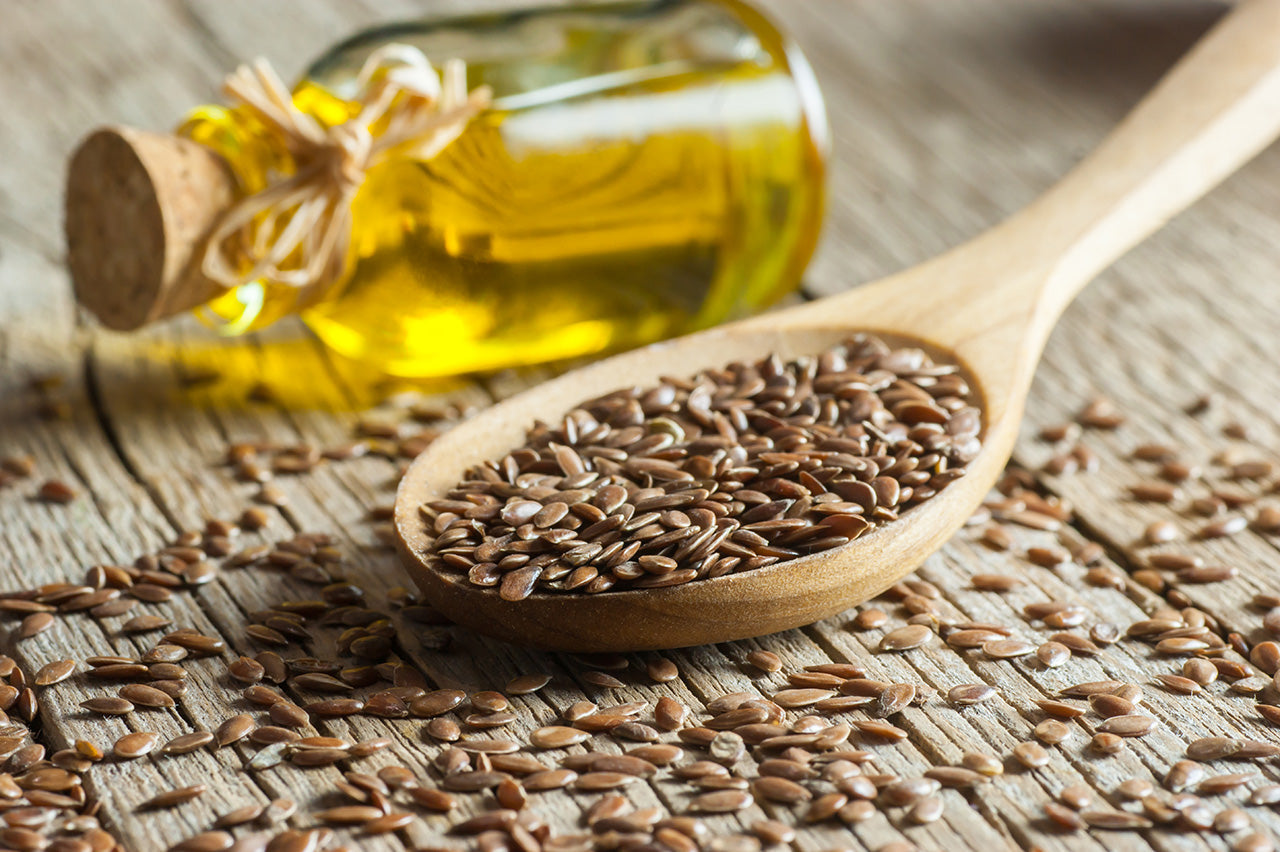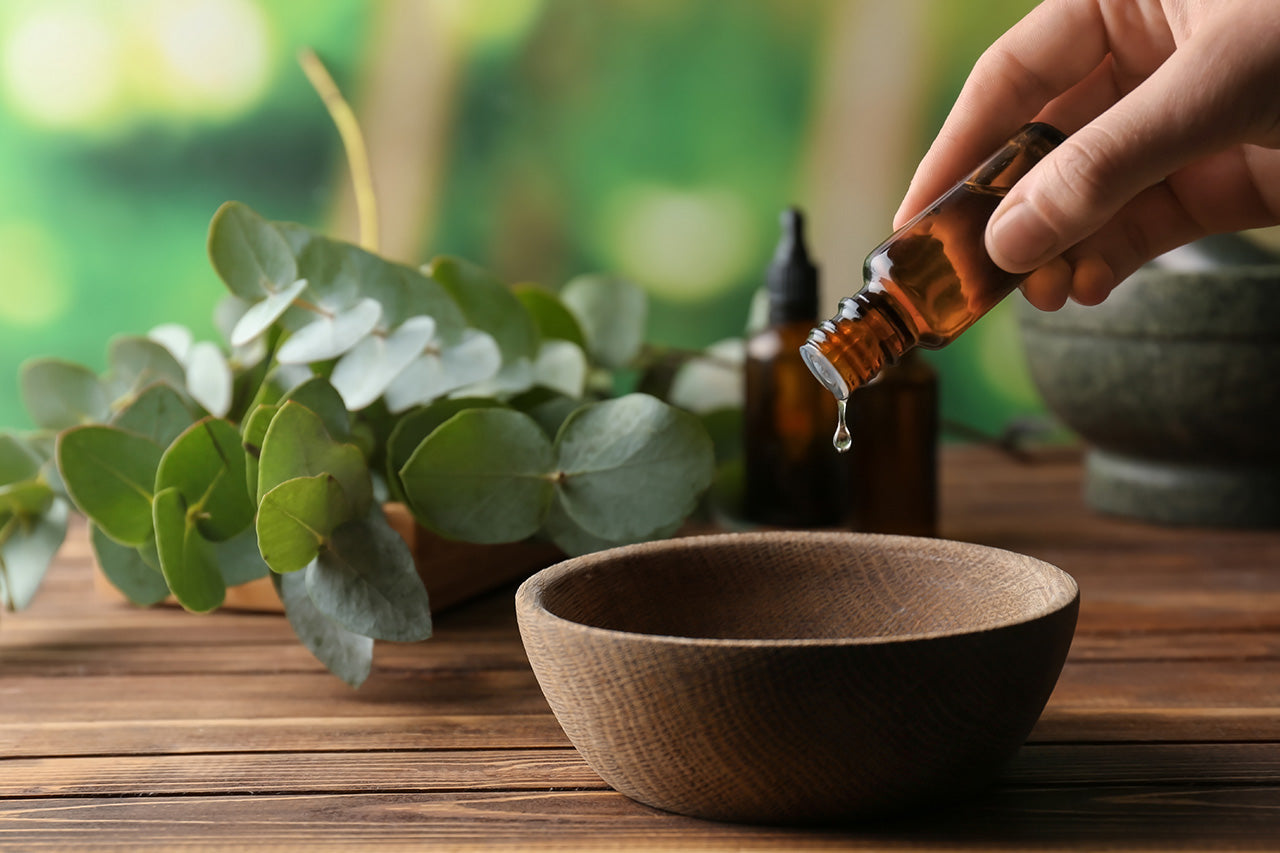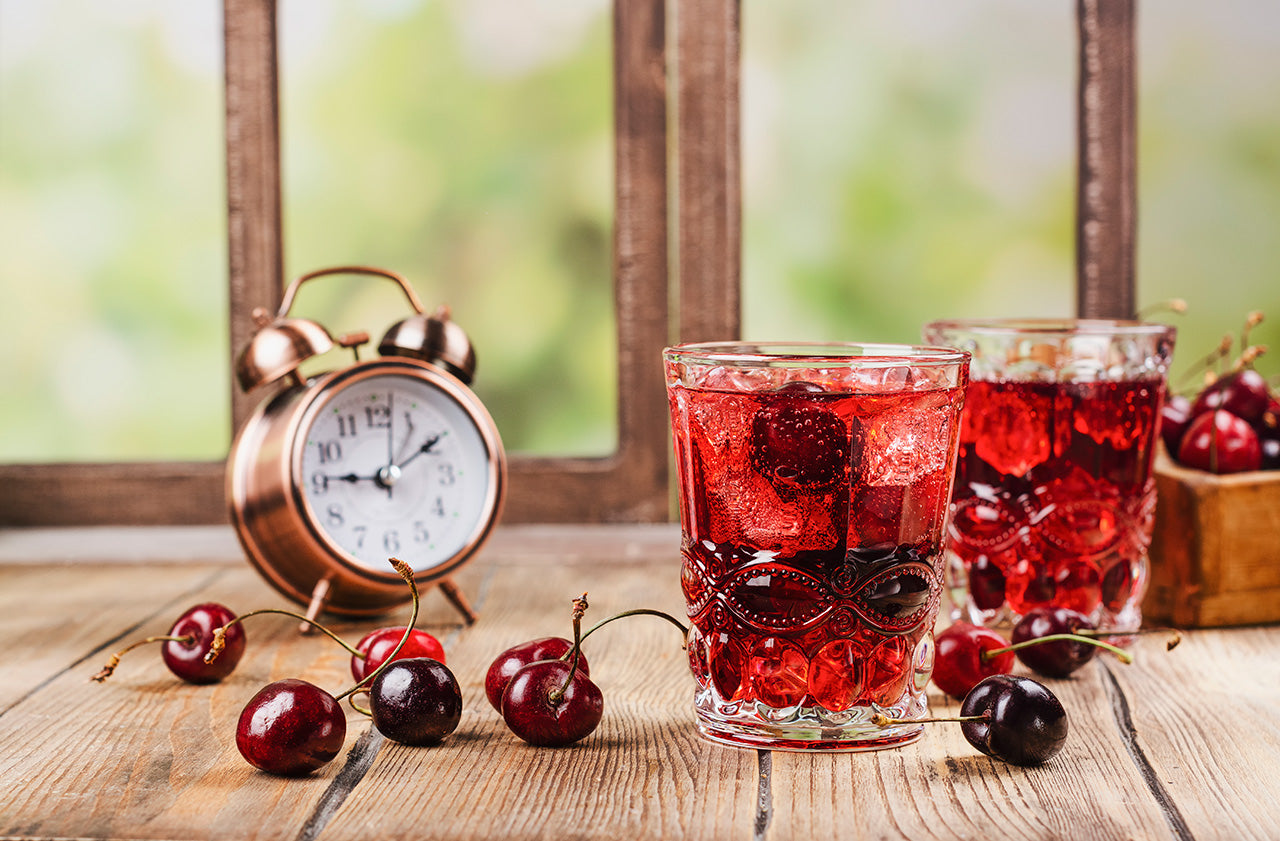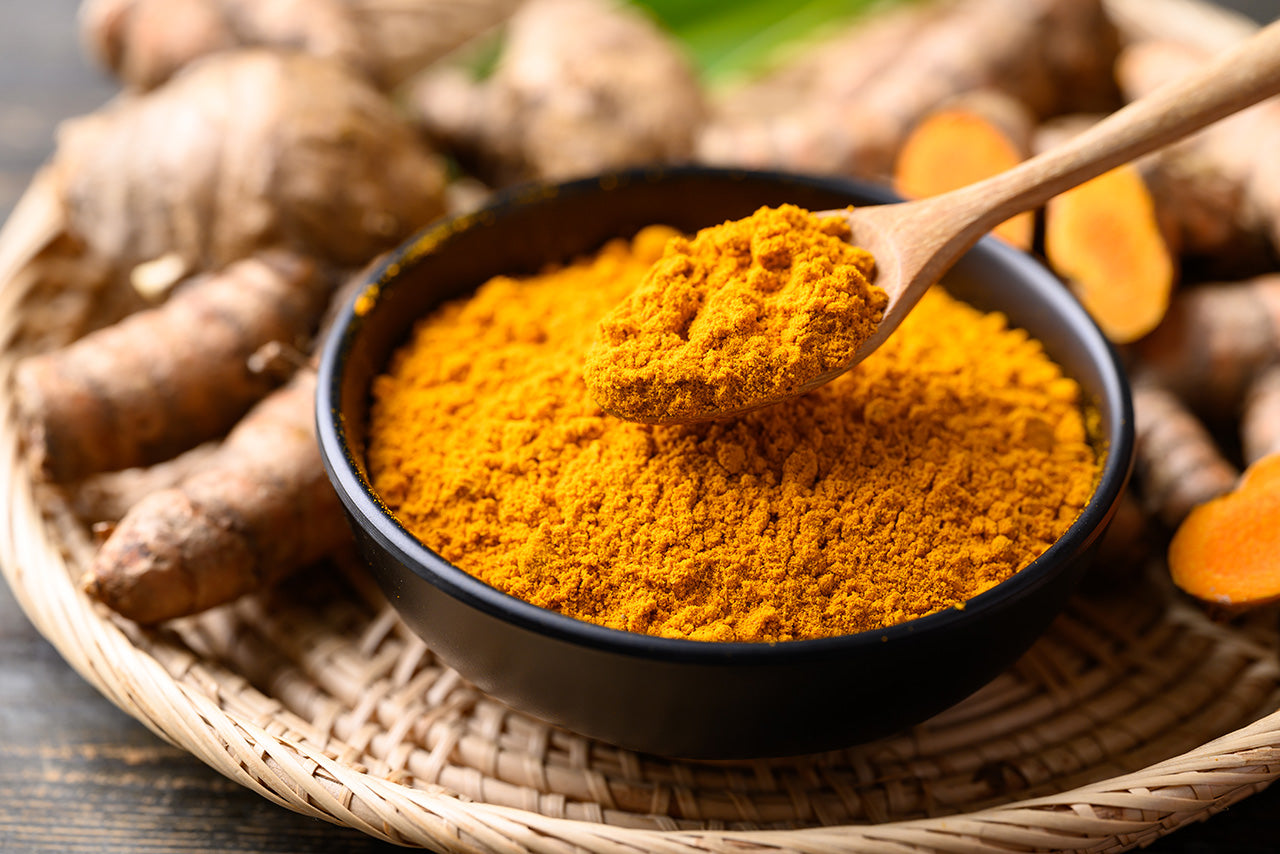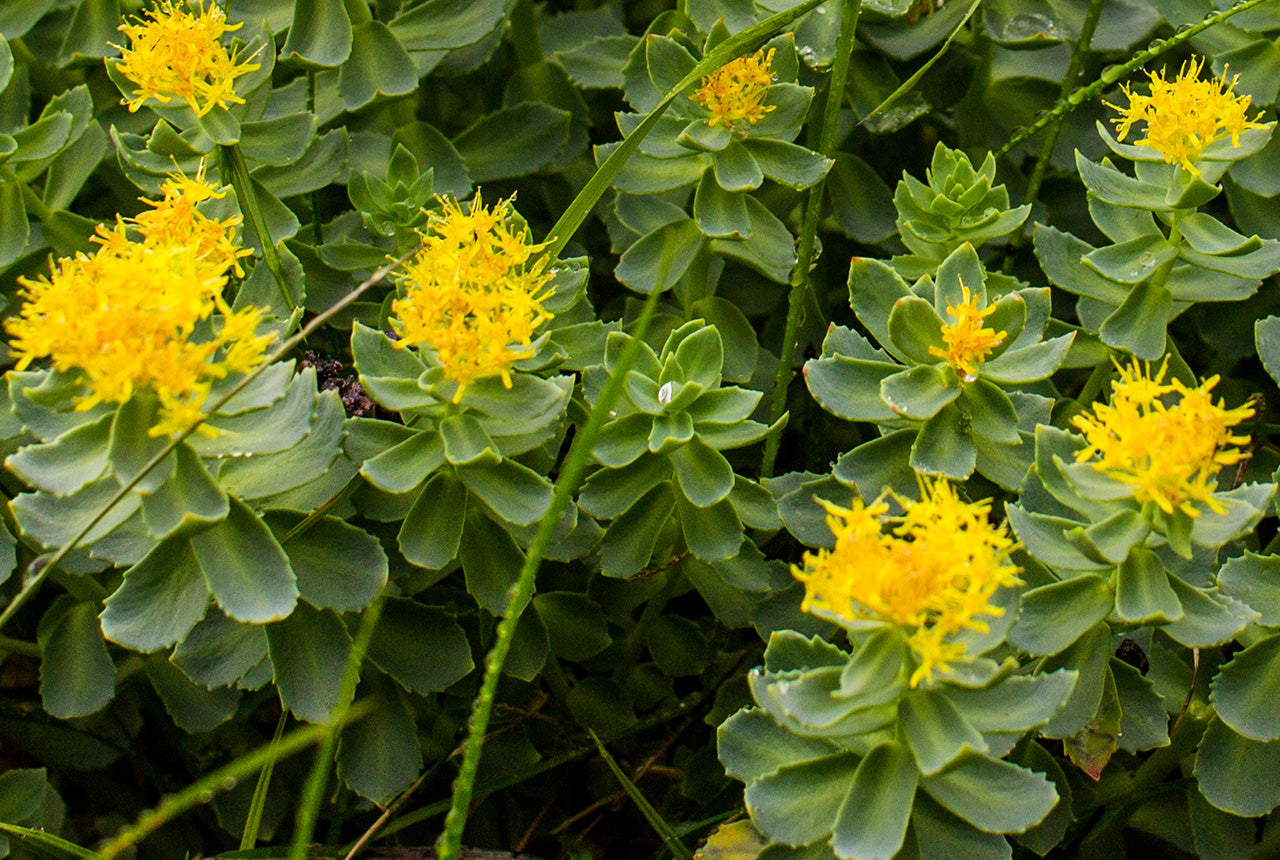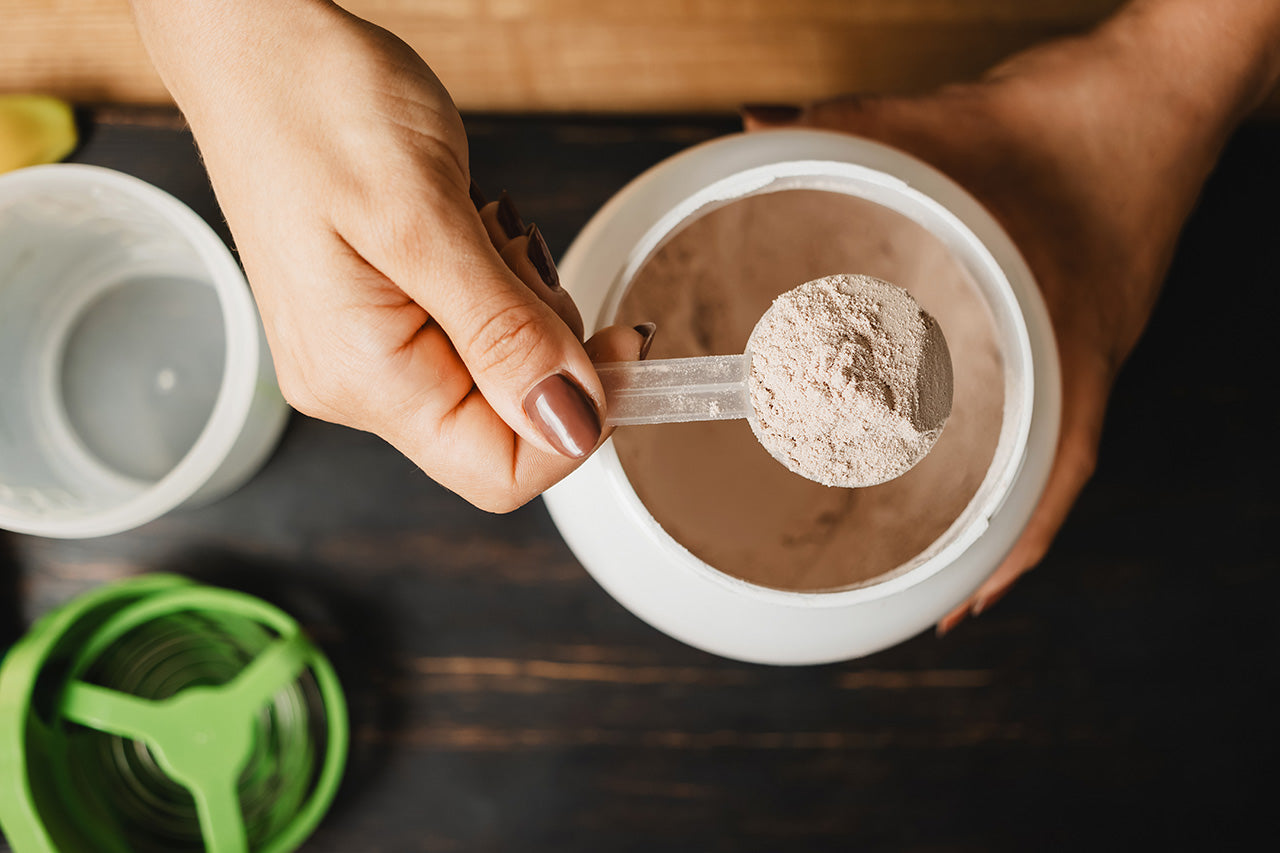
WELLNESS
From Rookie to Pro: Ashwagandha for Athletes

A Little History - The Ideal Performance Tonic
Every athlete wants to find natural ways to get a leg up on the competition. When it comes to non-toxic, natural, and easy ways to improve your A-game, look no further than adaptogens.
This (rather newly) termed group of herbs has been used across the globe for thousands of years, with various adaptogenic species growing on almost every continent.
Back in the 1940s, Russian scientists began studying them as a means to find natural substances that could enhance the performance, cognition, and endurance of athletes, military personnel and other elite figures. Surely enough, they found these qualities in adaptogens!
These initial studies were focused only on adaptogens native to the Soviet region, such as eleuthero and schisandra, but research quickly swept down to India where the native ashwagandha (Withania somnifera) was being used in a very similar way.
The Sweat of the Stallion - Traditional Uses of Ashwagandha
Ashwagandha comes from the same plant family as tomatoes and peppers, known as nightshades, but packs a bit more of a punch. It has a rich history of use in traditional Ayurvedic medicine, or the robust healing tradition of India that traces back to 6000 B.C. (and is still in practice today!). Here, they named this plant Ashwagandha, which translates to “sweat of the stallion”, because they observed how regular use improved the virility and vigor of men.
Apart from being honored as a tonic for reproductive health, Ashwagandha was (and is) also considered a rejuvenating rasayana. The literal translation of rasayana is “path of essence” (rasa for “essence,” and ayana for “path”), which refers to any herb that promotes longevity and fosters a youthful state of physical and mental health. Ashwagandha was also traditionally used to nourish (and therefore calm) the nervous system.
Nowadays, Ashwagandha is taken for a variety of different purposes all stemming from its traditional usage. Many people find it to be an excellent non-drowsy sleep aid. Many people have trouble sleeping simply because of an overactive mind and a frazzled nervous system. And because Ashwagandha provides vitamins, minerals, and nutrients to feed a flustered nervous system, it can help facilitate deeper sleep. Since it’s calming without being a sedative, it can also be used earlier in the day to address the ill effects of chronic stress.
Ashwagandha for Performance
Ashwaganda’s traditional use as a rejuvenating tonic translates nicely to the needs of modern-day athletes who push their bodies to the limits and put themselves in high-pressure situations regularly.
At its core, ashwagandha functions the same as other adaptogens - improving one’s ability to handle stress better, whether it be mental or physical. This capacity to be resilient in the face of stress is known as done’s adaptive energy reserve, and we must have ample amounts of it if we want to perform at our highest levels.
Ashwagandha excels as a particularly calming adaptogen, settling any nervous energy so they can focus on the task at hand. As a particularly warming, sharp, and pungent root, ashwagandha raises the metabolism, increases circulation, and supports anabolism, or the part of our metabolism that plays a role in synthesizing new muscle.
Ashwagandha is a potent antioxidant and helps support reduced discomfort in the body, facilitating the clearance of oxidants generated during exercise and supporting healthy anti-inflammatory pathways for recovering post-exercise.
Consult your Holistic Healthcare Practitioner
For its ability to calm an erratic stress response, build up one’s adaptive energy reserve, support muscle building, and healthy discomfort levels, ashwagandha is an ideal natural-performance tonic in more ways than one.
Like all adaptogens, they work best when taken regularly and should be discontinued during acute illness unless otherwise specified.
Like any addition to your health routine, always consult the guidance of your holistic healthcare practitioner or other healthcare provider before starting anything new or altering your current routine.















